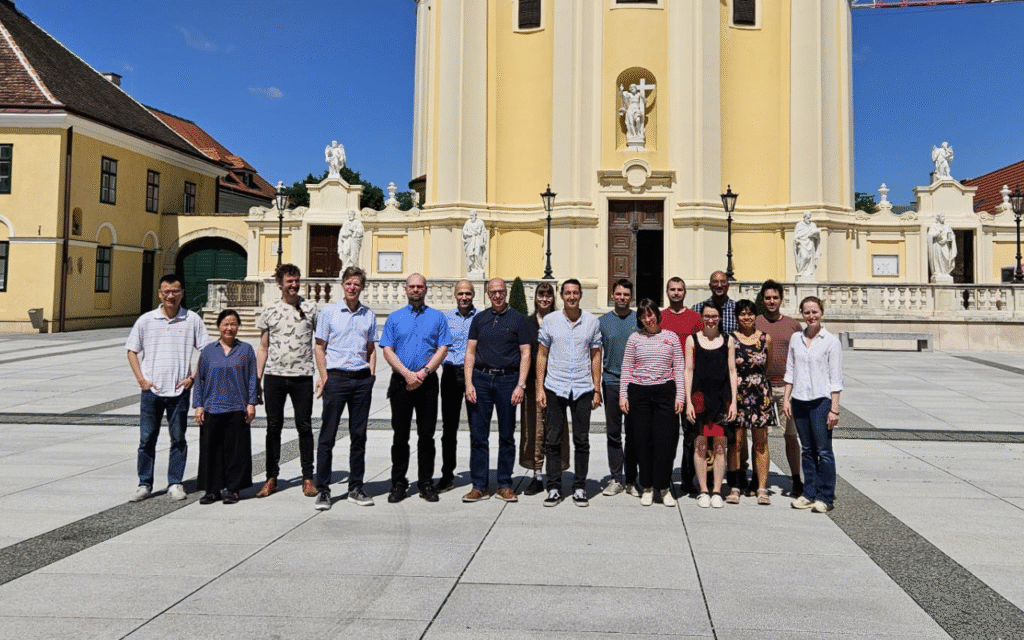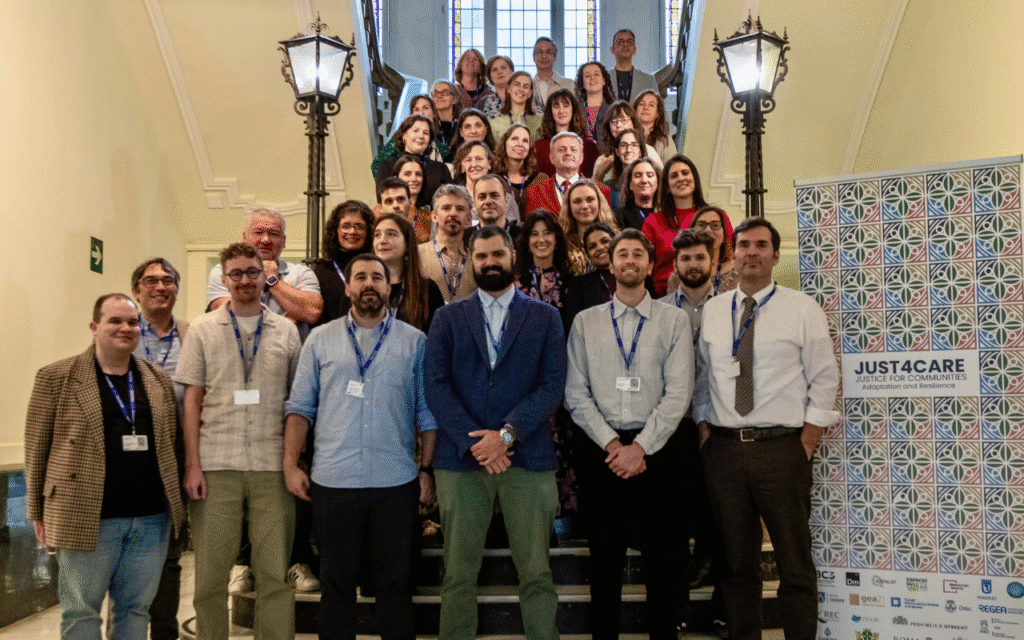We held our latest ARIES for SEEA workshop in Senegal last week, from the 13th to the 16th of February. The first two days focused on identifying, with local experts, different ecosystems present in Senegal, in order to be able to compile the second set of accounts in the SEEA EA framework, measuring the extent of those ecosystems. On the last day, the land-cover maps and accounts, obtained by using ARIES, were disseminated officially by the national statistical and mapping senegalese agencies.
The 4-day training is part of the project “Economic and Environmental Accounting for Evidence-Based Policy in Senegal”, a collaborative effort between the National Agency for Statistics and Demography (ANSD) of Senegal and the United Nations Statistics Division (UNSD). It aims to remove technical and institutional barriers to compiling economic and environmental accounts at a national level and address the implementation of the System of Environmental-Economic Accounting (SEEA) in Senegal using a flexible and modular approach.
Between the members of the technical committee, the Senegalese authorities and the technical and financial partners, the training counted a total of 59 attendees. Alessio Bulckaen, ARIES’ Natural Capital Accounting (NCA) specialist at BC3, discussed with the technical committee how the compilation of the ecosystem extent accounts for Senegal can be developed using the results of the land use account previously obtained, along with other ecological variables to further distinguish ecosystems.
The so-called Ecosystem Types, using the SEEA EA jargon, represent the ecological functional groups, and are the ecological units on which all the other accounts are compiled, particularly the Ecosystem Extents and Ecosystem Conditions accounts. Moreover, by classifying these ecosystems we can study their interactions, and the degree to which each contributes or benefits from the (ecosystem) services provided by nature. This is a very important step to advance the work in the NCA area started in Senegal.
Alessio Bulckaen
NCA Expert, BC3
Another objective of the training was to disseminate the results of the Senegal land use account 2010-2015 and the national plan to the Senegalese authorities, technical and financial partners and the general public. This event took place in a local hotel in the presence of members of the technical committee, Senegalese authorities, technical and financial partners and the press, which was broadcasted on national Senegalese TV.
The ARIES team willl keep building capacity in the national agencies responsible for the development of environmental accounting, not only in Senegal, but also in the other countries involved in the context of the ARIES collaboration with the SEEA community. The project’s team wants to bring forward the interoperability strategy designed in collaboration with UNSD, to bring down barriers in the next generation of SEEA EA accounting.
Our mission is to introduce a new paradigm of doing science, based on semantic modeling and FAIR data and models (Free,Accessible,Interoperable,Reasuable). ARIES’ artificial intelligence, and more broadly an interoperable approach to science results, can make human knowledge more easily available, and at a much larger scale, to efficiently address complex social-ecological issues.
Alessio Bulckaen
NCA Expert, BC3






